Current status of FDI attraction in logistics sector in Vietnam in recent times
With a favorable geographical location, a scale of about 42 - 43 billion USD/year, a fast and stable growth rate of about 14 - 16%/year, the Vietnamese logistics market is becoming an attractive land attracting many foreign investors. Since the first FDI project began to be received in 1991, the number of foreign projects investing in the logistics sector in Vietnam has increased sharply, especially since 2015. Of which, the period 2015 - 2019 attracted 388 projects, stagnated in the period 2020 - 2021 due to the impact of the COVID-19 pandemic and continued to increase sharply in 2023 and 2024 with 122 and 115 projects, respectively - the highest in the history of attracting foreign direct investment in the logistics sector of Vietnam (Figure 1). By the end of 2024, there were a total of 1,238 FDI projects investing in the logistics sector in Vietnam, attracting 63,515 workers; including nearly 30 of the world's leading logistics corporations.
Figure 1: Number of FDI projects invested in the logistics sector in Vietnam over time_Source: Author's illustration based on data from the Ministry of Finance , 2025
According to the investor country, cumulatively by the end of 2024, Vietnam has attracted 55 countries and territories to invest in the logistics sector. Of which, the 5 countries with the largest number of investment projects in the logistics sector in Vietnam include: South Korea and Singapore both invested in 221 projects, together accounting for the largest proportion of 17.9%; Hong Kong (China) with 177 projects, accounting for 14.3%; Japan and China both invested in 140 projects and together accounting for 11.3%; China alone has a strong growth in the number of investment projects in the logistics sector in Vietnam with 37 projects in 2024 alone (Figure 2).
Figure 2: Number of FDI projects investing in the logistics sector in Vietnam by investor country_Source: Author's illustration based on data from the Ministry of Finance, 2025
By investment form, out of a total of 1,238 projects licensed cumulatively from 1991 to 2024 in the logistics sector in Vietnam, there are 562 investment projects in the form of joint ventures (accounting for 45.4% of the projects) and 691 investment projects in the form of 100% foreign capital (accounting for 55.8% of the projects). A few projects (only 1.2%) of investors choose the form of business cooperation contracts and are all projects licensed from 2010 or earlier.
By locality, Ho Chi Minh City has attracted the most FDI projects in the logistics sector with 667 out of a total of 1,238 projects (equivalent to 53.9%) invested in Vietnam cumulatively from 1991 to the end of 2024 (Figure 3). Next is Hanoi with 210 projects (accounting for 17%); Hai Phong with 75 projects (accounting for 6.1%); Binh Duong with 51 projects (accounting for 4.1%);…
Figure 3: Number of FDI projects invested in Vietnam's logistics sector by locality_Source: Author's illustration based on data from the Ministry of Finance, 2025
In terms of investment period, the largest number of projects investing in the logistics sector is 50 years, with 497 projects (equivalent to 40.1%), showing that FDI investors have a long-term logistics service business strategy in Vietnam (Figure 4). The number of projects from 30 years to under 50 years accounts for 15.8% (equivalent to 196 projects). Following are 10 and 20 year projects with 200 and 209 projects (equivalent to 16.2% and 16.9%).
Figure 4: Number of FDI projects invested in the logistics sector in Vietnam by number of years of investment_Source: Author's illustration based on data from the Ministry of Finance, 2025
By capital scale, most FDI projects investing in the logistics sector are small and medium-sized, with an average capital of less than 50 million USD, accounting for 96.7% of the total number of projects investing in the logistics sector in Vietnam by the end of 2024. The remaining 3.3% are large projects with an investment capital of 50 million USD or more, including 21 projects with an investment capital of over 100 million USD (Figure 5).
Figure 5: Number of FDI projects invested in the logistics sector in Vietnam by capital scale_Source: Author's illustration based on data from the Ministry of Finance, 2025
Although Vietnam has achieved positive results in attracting FDI into the logistics sector, this process is still facing many barriers and challenges that need to be removed.
One is the policy group on law and administrative procedures.
According to Vietnamese law, logistics is a “conditional business sector”, which means that FDI in the logistics sector must meet certain constraints. For example, according to Clause 3, Article 4 of Decree No. 163/2017/ND-CP, the capital contribution ratio of foreign investors in the logistics sector must not exceed 49% for companies operating fleets flying the Vietnamese flag, inland waterway services, and railway freight transport services; not exceeding 50% for container loading and unloading services belonging to maritime transport support services; not exceeding 51% for road transport services. In addition, regulations on the establishment of new companies must also comply with conditions on ownership and services; Therefore, classifying logistics services into 17 separate types as in Decree No. 163/2017/ND-CP currently will prolong paperwork procedures for foreign investors aiming to become an end-to-end supply chain service provider and integrated logistics solutions.
Second, the financial policy group.
2024 is considered an important milestone in international tax governance when more than 140 countries begin to implement the global minimum tax commitment, which requires large enterprises (belonging to global corporations with revenue of over 750 million euros) to pay at least 15% corporate income tax regardless of the country in which they operate. Before the global minimum tax was mentioned, Vietnam had built a diverse tax incentive system to attract FDI projects, especially corporate income tax, such as: 1- Preferential tax rate of 10% for up to 15 years (or 20% for 10 years) for projects in encouraged sectors; 2- Tax exemption for up to 4 years, 50% reduction for the next 5-9 years; 3- Allowing loss carryover to the following years for up to 5 years; 4- Tax exemption for profits transferred abroad; 5- Refund of corporate income tax on reinvested profits; 6- Apply accelerated depreciation of fixed assets; along with many other tax incentives, such as land rent reduction, tax credits... Thanks to these incentives, the actual corporate income tax that many FDI enterprises have to pay is much lower than the common tax rate of 20%. Thus, corporate income tax incentives are considered a very important tool to help Vietnam create a competitive advantage to attract FDI in recent decades. However, applying a global minimum tax of 15% will create an unprecedented challenge to Vietnam's FDI attraction. If Vietnam does not apply a global minimum tax, the countries where the parent company is headquartered will have the right to collect this tax difference, leading to budget losses for Vietnam and reducing the effectiveness of the current incentive policy. Therefore, Vietnam's competitive advantage based on tax incentives in attracting FDI will be significantly reduced. The challenge is how to continue attracting key projects in strategic industries, including logistics, when tax advantages are reduced.
Politburo member and Prime Minister Pham Minh Chinh received Mr. Richard W. Smith, Chairman and CEO of FedEx Express Corporation (USA) - the world's leading international shipping and logistics company, which is promoting logistics investment in Vietnam _ Photo: baochinhphu.vn
Third, the land policy group.
Based on the inheritance and development of previous regulations, from the 2013 Land Law to the present, the 2024 Land Law (effective from August 1, 2024) has regulated in a more open direction the forms of land access for FDI enterprises. In particular, in addition to the form of land access from the State through land allocation or land lease, FDI enterprises can access land from the market through the form of receiving investment capital transfer in the form of land use rights value; receiving capital contribution in the form of land use rights; leasing land, subleasing land in industrial parks, industrial clusters, export processing zones, high-tech zones, economic zones. These regulations have basically established equality in land access rights of FDI enterprises with domestic enterprises, contributing to creating favorable conditions for FDI enterprises to use land stably and long-term to implement investment projects. However, the 2024 Land Law still does not have specific regulations on land fund planning for logistics infrastructure, so domestic enterprises as well as FDI enterprises face difficulties in accessing land funds that have been planned locally for logistics infrastructure.
Fourth, labor policy.
Workers in FDI enterprises are generally protected and enjoy benefits according to the provisions of Vietnamese law, including the 2019 Labor Code, related guiding documents, and international agreements to which Vietnam is a member. In particular, the main benefits that FDI enterprises need to ensure for workers in Vietnam include: The right to sign labor contracts; wages (must be at least equal to the regional minimum wage) and bonus regime (FDIs often have more attractive bonus regimes to attract high-quality human resources); overtime regime (overtime wages are at least 150% of normal hourly wages) and leave according to regulations; social insurance, health insurance, unemployment insurance; the right to join trade unions and strike; termination of labor contracts and resignation regime (FDI enterprises must give 30 days' notice for fixed-term contracts and 45 days for indefinite-term contracts). At the same time, the Law on Social Insurance 2024 of the Vietnamese Government stipulates that foreign employees working in Vietnam are subject to compulsory social insurance when signing a fixed-term labor contract with a term of 12 months or more. Thus, in general, labor policies at FDI enterprises ensure the rights of Vietnamese employees as well as fairness between Vietnamese and foreign employees through strict and clear legal regulations. However, the problem lies in the organization of supervision and handling of violations by competent management agencies for FDI enterprises in the process of implementing labor policies according to the provisions of law such as: extending training time, working hours per day; not ensuring working regime, salary, bonus and welfare regime, social insurance; lack of role of social organizations at enterprises to protect the legitimate rights of employees, especially trade unions.
Five is investment promotion policy.
In recent years, the Party and State have always paid attention to and directed investment promotion to attract FDI into Vietnam in all strategic sectors and occupations, including logistics. Every year, the Ministry of Foreign Affairs organizes about 250 - 350 delegations of central and local Vietnamese leaders to work abroad, of which about 75 - 80% of the delegations have the content of promoting and attracting FDI. At the same time, the network of Vietnamese representative agencies abroad with 94 embassies and consulates also organizes many meetings, promotion and advertising activities to attract investment from enterprises in the host country. Not only that, hosting major national and international logistics events in Vietnam in recent years has also been focused on to attract investors to the logistics sector in Vietnam, such as: The first international logistics exhibition held in 2023, after two years attracted more than 300 enterprises from 20 countries and territories to attend; restarting the World Logistics Passport program; hosting the FIATA Asia-Pacific Annual Conference and the AFFA Mid-Year Meeting; officially hosting the FIATA World Congress 2025 in Hanoi in October 2025, promising to gather 1,500 delegates from 150 countries and territories... All these promotional activities have been paving the way for the Vietnamese logistics ecosystem to participate in the global logistics ecosystem; thereby, increasing FDI attraction in the logistics sector in Vietnam. However, it is easy to see that most of these investment promotion activities only focus on promoting the image and existing advantages of Vietnam's logistics industry without focusing on the quality and effectiveness of investment promotion, leading to the situation that some foreign investors, after surveying, have switched to investing in other countries; the rate of foreign investment projects in the logistics sector using high technology and green technology is still low; European and American investors are not many and the investment scale is not large.
Margrethe Maersk - the world's largest container ship unloads containers at Cai Mep - Thi Vai port, Ba Ria - Vung Tau province_Photo: danviet.vn
Some policy recommendations
With the orientation of developing high value-added logistics services, supporting the development of the fields of production, export, import and trade, the Draft Strategy for Logistics Services Development to 2035, with a vision to 2045, has set a target of 8-12% growth rate in the logistics sector by 2035; logistics costs equivalent to 12-15% of GDP; logistics outsourcing rate reaching 70-80%; logistics capacity index LPI ranking less than 40; 80% of logistics enterprises digitally transforming and 70% of workers at logistics enterprises receiving specialized training. To achieve these goals, it is necessary to have the cooperation of logistics enterprises of all economic sectors, including FDI logistics enterprises. Therefore, perfecting policies to attract FDI into the logistics sector in Vietnam needs to pay attention to the following contents:
In principle , it is necessary to first comprehensively study and review current international and regional commitments as well as domestic laws on logistics to perfect the system of policies and laws that are synchronous, consistent, transparent, simple, avoiding overlaps, inconsistencies, and causing difficulties for foreign investors. At the same time, policies need to focus on attracting FDI in both quantity and quality, in both breadth and depth, with an emphasis on depth; ensuring sustainable development, encouraging innovation, creativity and close links between FDI enterprises and domestic logistics enterprises, enhancing Vietnam's position in the global logistics network, and enhancing the creative capacity of Vietnamese logistics human resources. In addition, policies need to be applied stably in the medium and long term, limiting frequent changes in incentive policies that affect business results as well as investment strategies of foreign investors.
Regarding the policy group on laws and administrative procedures , according to the recommendation of the Organization for Economic Cooperation and Development (OECD), Vietnam should remove logistics from the list of conditional business sectors by applying provisions stipulated in Vietnamese law, allowing the Government to consider activities that qualify as conditional business sectors, based on socio-economic considerations. In addition, it is necessary to strengthen administrative procedure reform to minimize costs for businesses; listen to feedback, promptly resolve problems and flexibly adjust policies to retain large logistics corporations. In particular, it is necessary to pay attention to issuing clearer regulations on integrated logistics services and end-to-end supply chain solutions, avoiding the situation where FDI enterprises have to carry out many complicated paperwork procedures when investing in expanding services. Promote the application of information technology to ensure publicity and transparency, reducing the time to resolve problems for FDI enterprises during their operations.
Regarding the group of financial policies , it is necessary to review all financial policies, especially the tax policy to attract FDI currently applied, to make appropriate adjustments, amendments and supplements, aiming to build a good tax system with low compliance costs. It is necessary to issue reasonable financial incentives to attract large logistics enterprises in the world while still ensuring strict compliance with Vietnam's principles and commitments to international organizations, such as the World Trade Organization (WTO), the International Monetary Fund (IMF)...; ensuring fairness and no discrimination against FDI enterprises. Particularly for the legal framework on global minimum tax, it is necessary to issue clear guidelines on the additional tax rate of 15% to ensure transparency and help FDI enterprises comply easily; at the same time, convert investment incentives from tax to non-tax support through exemption and reduction of land tax, support for research and development (R&D) costs and human resource training subsidies; Promote the effectiveness of the Global Minimum Tax Investment Support Fund to support logistics enterprises investing in high technology and innovation to maintain competitive advantage.
Regarding the land policy group , it is necessary to review and improve land incentive policies to ensure consistency between land law, investment law and other State policies. Clearly define criteria to determine FDI enterprises entitled to land incentives. Incentives must be substantial and should only be implemented for investment projects in logistics infrastructure development projects, projects to reduce the impact of logistics on the environment, and logistics development projects in economically and socially disadvantaged areas. In addition, it is necessary to study and incorporate the concept of logistics real estate market into the Vietnamese legal system along with industrial real estate and commercial real estate, thereby increasing the ability to attract foreign investment in the logistics sector.
Regarding the labor policy group , the important issue now is to ensure the supervision and handling of violations by competent authorities towards FDI enterprises in implementing labor policies, especially violations of working hours, wages, lack of labor safety, delays in social insurance payments, conflicts with unions, etc. At the same time, strengthen vocational education policies towards approaching advanced and modern management methods in the world. Build a synchronous coordination mechanism between training institutions, social organizations and FDI enterprises operating in the logistics sector so that learners can access the world's leading technologies and management solutions. In particular, it is necessary to have reasonable incentive mechanisms and policies, creating a favorable environment and conditions to attract foreign educators and scientists to participate in the process of human resource training and scientific and technological research in the logistics sector.
The investment promotion policy group needs to issue policies and lists of priority projects to attract investment in the logistics sector, logistics projects using high technology, green and sustainable technology, logistics projects with a high level of automation; strengthen investment promotion for the US and European Union (EU) markets to develop commensurate with potential. At the same time, research and innovate methods, improve the quality and effectiveness of investment promotion, ensure consistency and synchronization in direction and administration; focus on one focal point to provide information, guidance, support, and accompany FDI enterprises./.
Source: https://tapchicongsan.org.vn/web/guest/kinh-te/-/2018/1089502/thu-hut-dau-tu-truc-tiep-nuoc-ngoai-vao-linh-vuc-logistics-tai-viet-nam--thuc-trang-va-mot-so-khuyen-nghi-chinh-sach.aspx


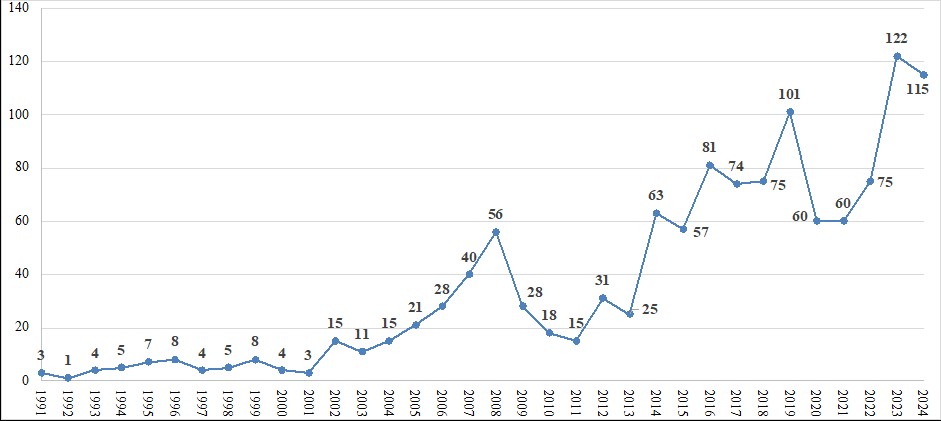
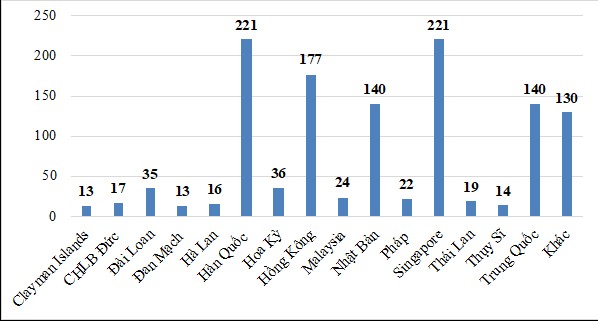
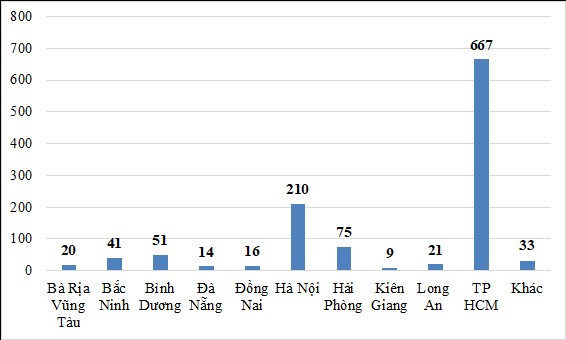
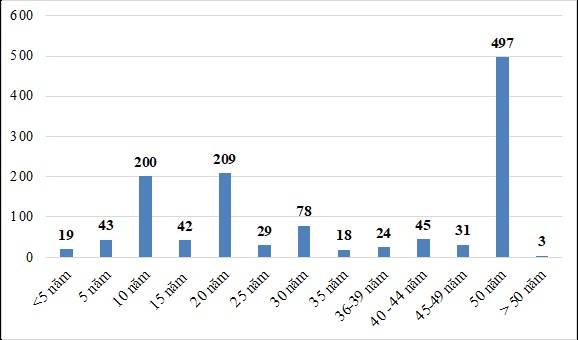
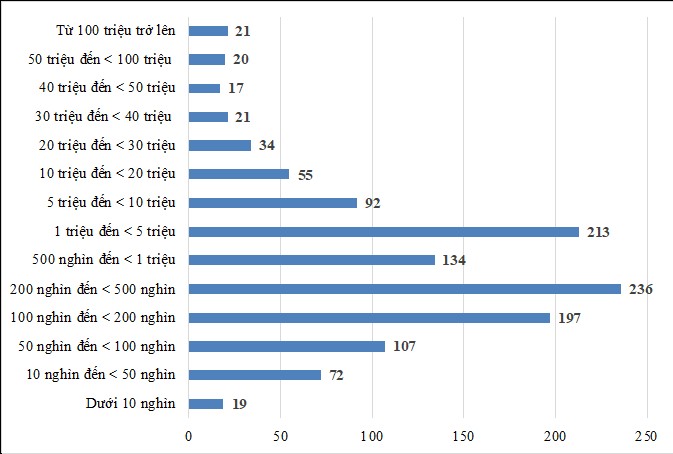
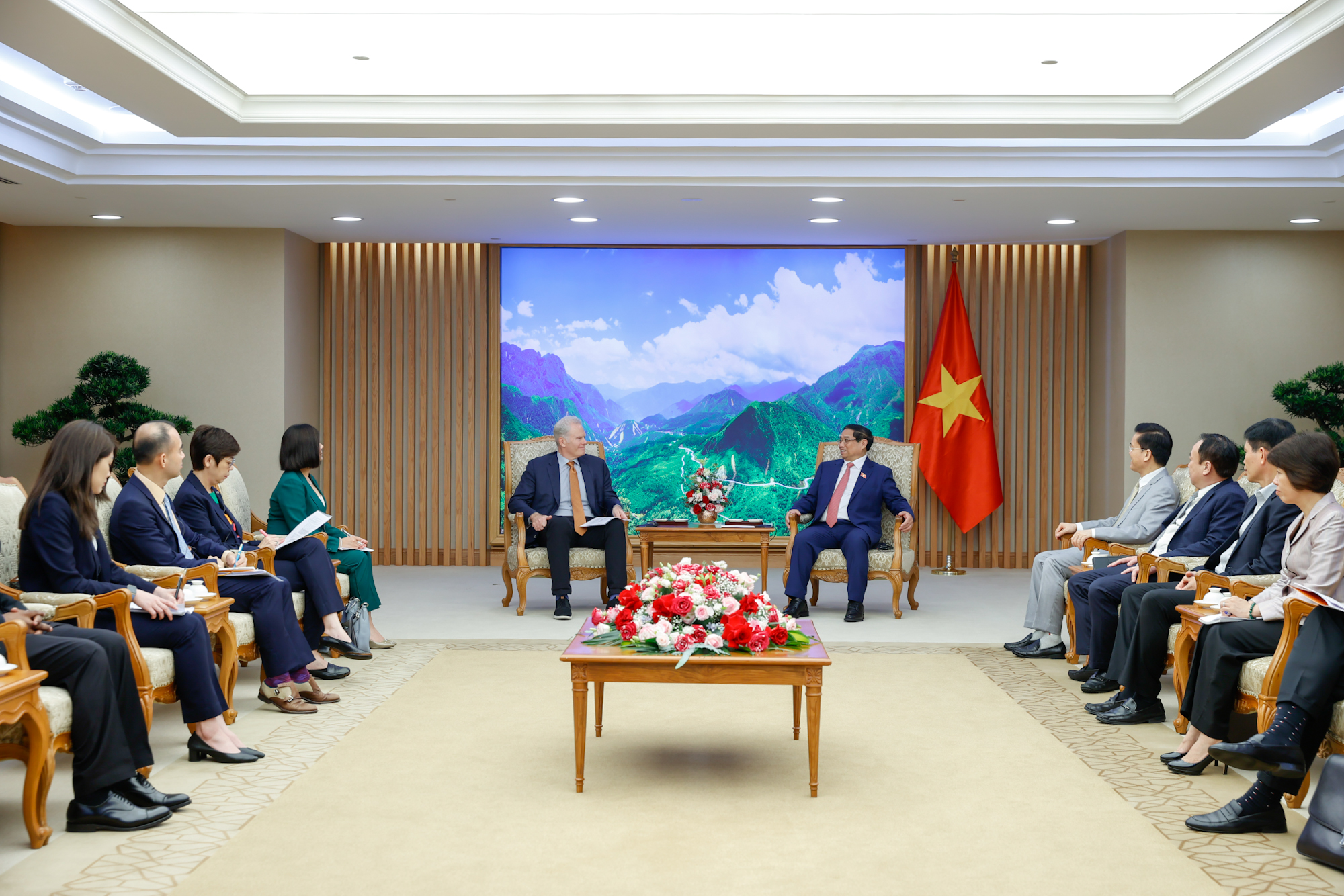
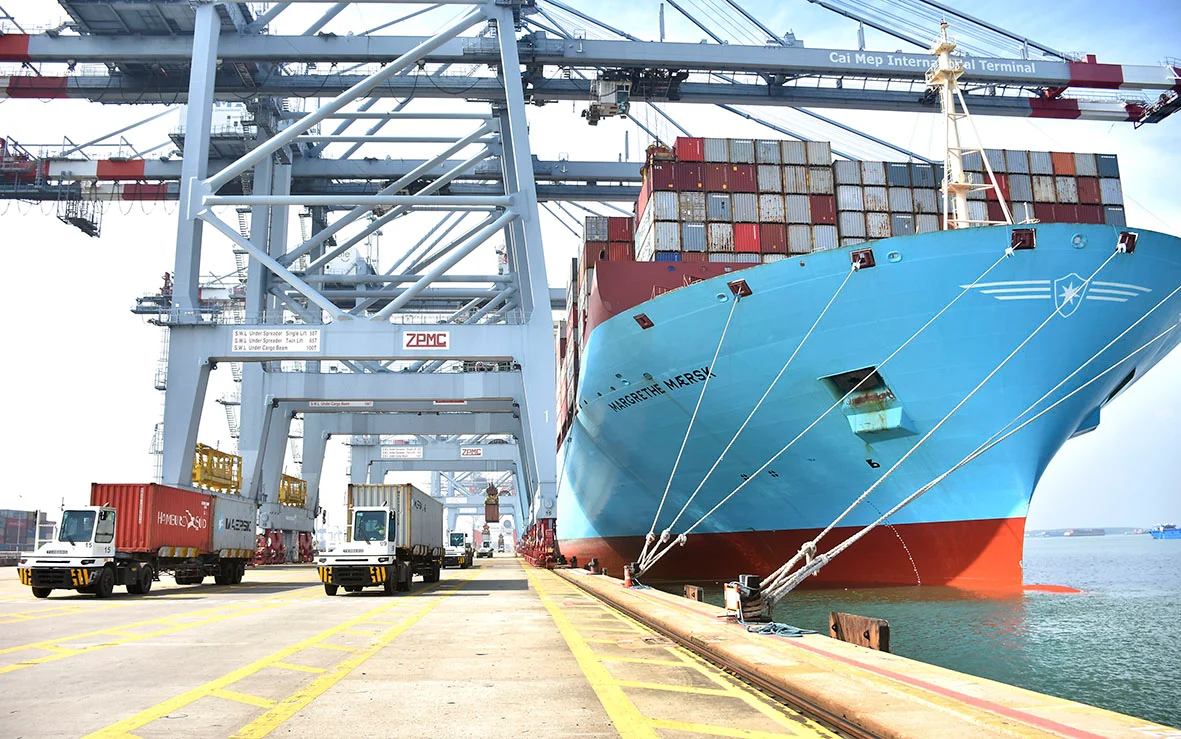


![[Photo] Discover unique experiences at the first World Cultural Festival](https://vphoto.vietnam.vn/thumb/1200x675/vietnam/resource/IMAGE/2025/10/11/1760198064937_le-hoi-van-hoa-4199-3623-jpg.webp)



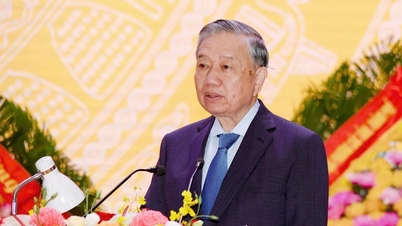

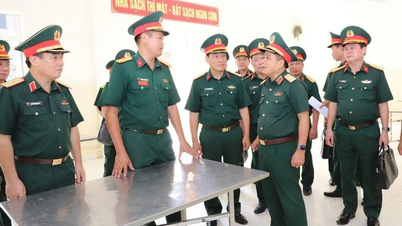

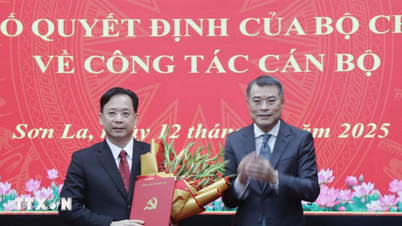

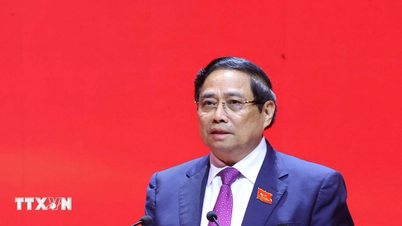
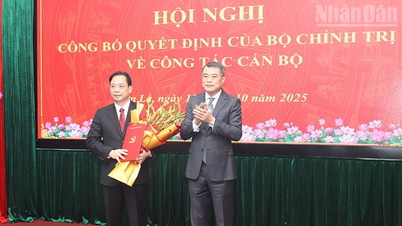
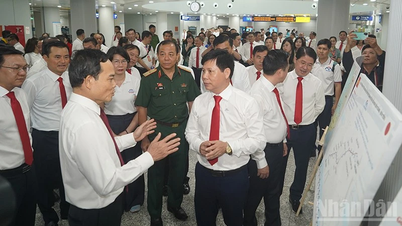






![[Photo] General Secretary attends the parade to celebrate the 80th anniversary of the founding of the Korean Workers' Party](https://vphoto.vietnam.vn/thumb/1200x675/vietnam/resource/IMAGE/2025/10/11/1760150039564_vna-potal-tong-bi-thu-du-le-duyet-binh-ky-niem-80-nam-thanh-lap-dang-lao-dong-trieu-tien-8331994-jpg.webp)

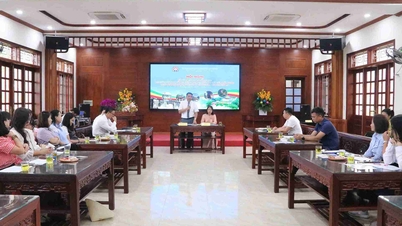



















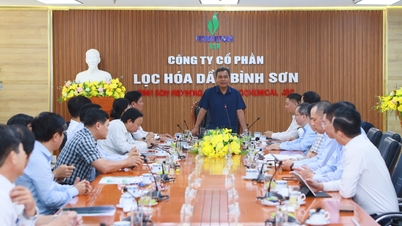









![[Photo] General Secretary attends the 80th Anniversary of the Traditional Day of the Armed Forces of Military Region 4](https://vphoto.vietnam.vn/thumb/402x226/vietnam/resource/IMAGE/2025/10/12/1760265970415_image.jpeg)


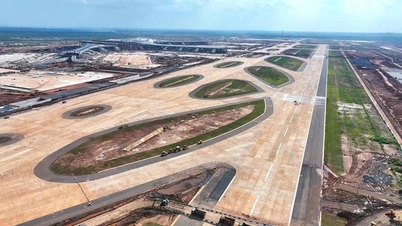
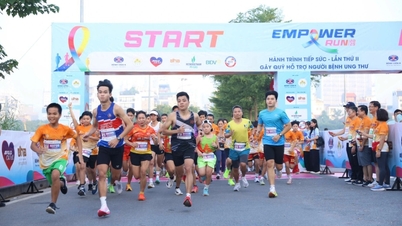
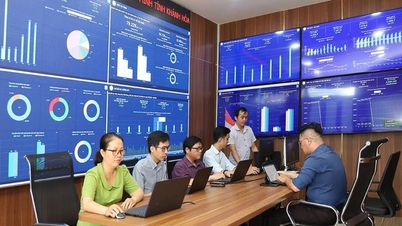

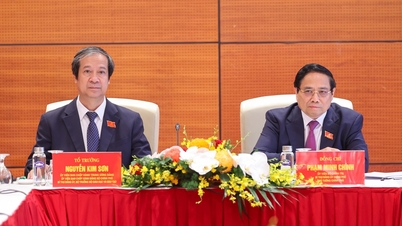

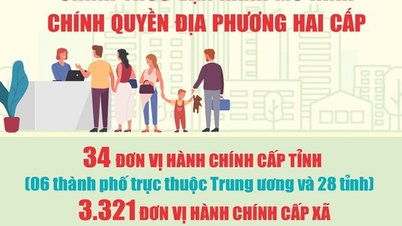
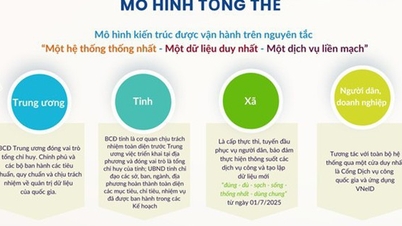
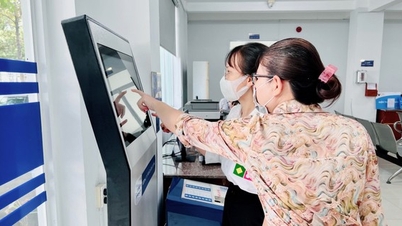
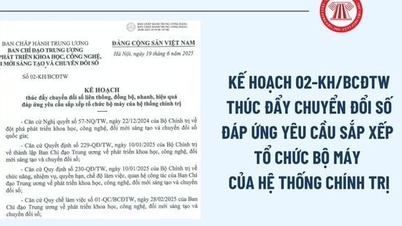
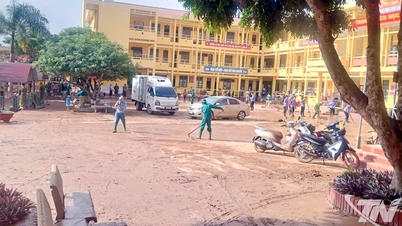

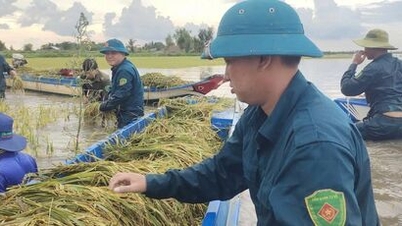



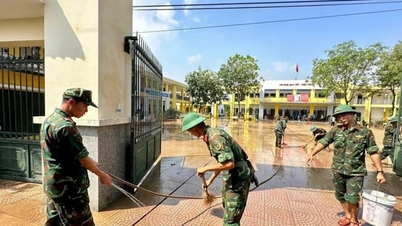

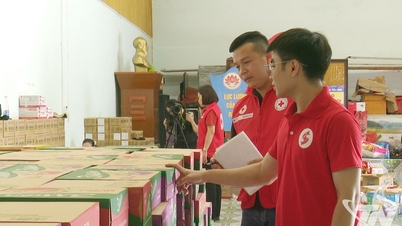

















Comment (0)